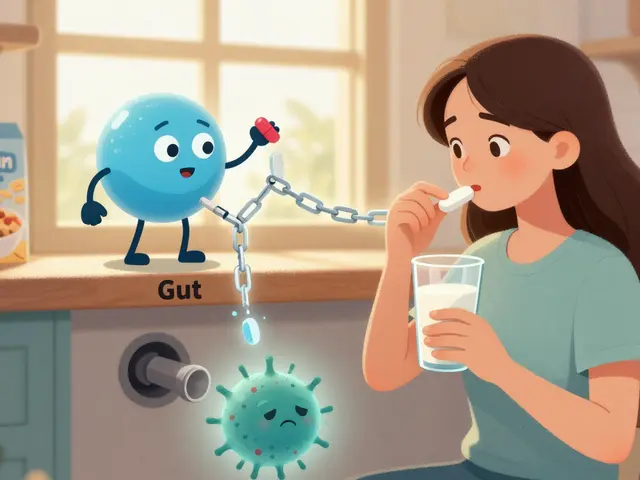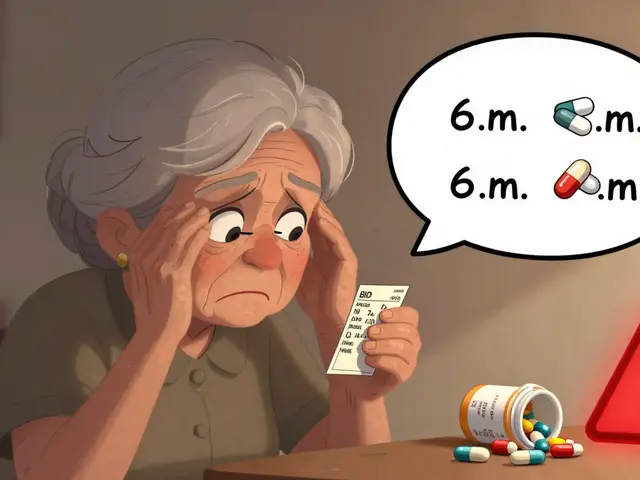
Sleep Health: Medications, Supplements and Simple Tips
We all know a good night’s sleep feels amazing, but many people still struggle to get enough rest. If you’re waking up groggy or tossing and turning, the right info can make a big difference. On this page we’ll break down the most common sleep medicines, safe supplements, and everyday habits that help you fall asleep faster and stay asleep longer.
Common Sleep Medications
Prescription drugs like Zoloft (sertraline) aren’t meant for sleep, but some antidepressants have a side‑effect of making you sleepy. If your doctor has prescribed Zoloft, watch how it affects your bedtime routine and talk about timing the dose earlier in the day.
For short‑term insomnia, doctors often suggest benzodiazepines or non‑benzodiazepine sleep aids such as zolpidem (Ambien) or zopiclone. These work fast but can cause dependence if used for months. Always follow the exact dosage and never mix them with alcohol.
Over‑the‑counter options like diphenhydramine (found in Benadryl) or doxylamine are cheap, but they may leave you feeling drowsy the next day. If you need an OTC choice, try a low dose for just a few nights and see how your body reacts.
When you’re buying any sleep medicine online, make sure the pharmacy is licensed and follows local regulations. Look for sites that require a prescription, show a physical address, and have clear contact info. Avoid places that sell “miracle” pills without proof of safety.
Supplements & Lifestyle Tips
Melatonin is one of the most popular sleep supplements because it mimics the hormone your body makes at night. A small dose (0.5‑3 mg) taken 30 minutes before bed can help reset a shifted sleep schedule, especially after travel.
Magnesium and valerian root are also used by many people who want a natural boost. Magnesium supports muscle relaxation while valerian may calm the mind. Start with the lowest recommended dose and see if it helps you fall asleep without feeling groggy.
Beyond pills, simple habits often have the biggest impact. Keep your bedroom cool (around 18‑20 °C), turn off bright screens at least an hour before bedtime, and stick to a regular sleep‑wake time even on weekends. A short walk after dinner can lower stress hormones that keep you awake.
If anxiety or racing thoughts keep you up, try a quick breathing exercise: inhale for four seconds, hold for seven, exhale for eight. Doing this two or three times can calm the nervous system and make it easier to drift off.
Remember, any new sleep aid—whether prescription, OTC, or supplement—should be discussed with your healthcare provider. They can check for interactions with other meds like Dilantin (phenytoin) or Coversyl (perindopril) that you might already be taking.
Getting better sleep isn’t a one‑size‑fits‑all job. Combine the right medication, safe supplements, and healthy habits to give your body the rest it deserves. Check back often for updated guides on specific drugs, new supplement research, and practical tips from HappyHead Pharmaceuticals.
-
1 Jul






